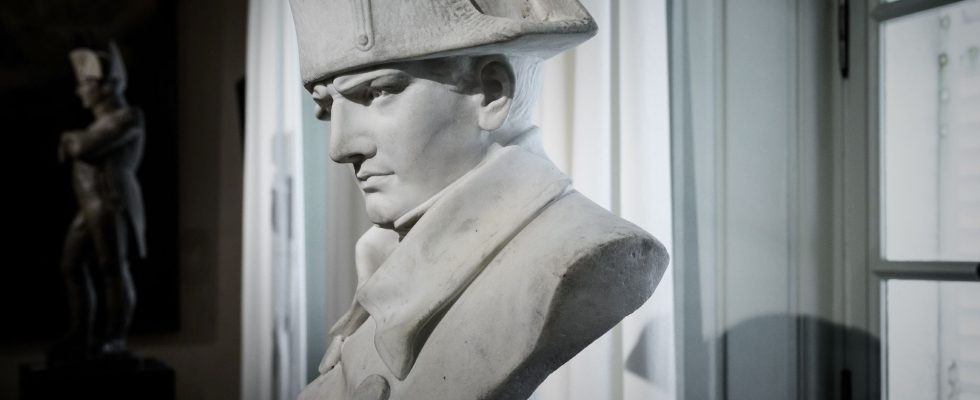1881, Louis Pasteur is devastated. The chemist, aged 59, covered with honors for his work on cholera and anthrax, recovered hemiplegic following an attack of apoplexy and noted the terrible failure of his trials around the vaccine against rage. As long as he was inoculating the bacillus on rabbits in cages or working with yeasts in the shelter of his laboratory, everything was going swimmingly, but this time, he’s finished. In a hurry to prove that rabies could be treated and, above all, avoided, he conducted experiments on two patients, but both died of lightning. Including a young woman. The scandal was gigantic, the press campaign merciless and Louis Pasteur was rightly convinced that his career was over. And then, a young boy was brought to him, Joseph Meister, 9 years old, bitten 14 times by a rabid dog. The chemist’s hand trembles, he is afraid, refuses, hesitates, his wife encourages him. He inoculates the little condemned boy with the bacillus, the child survives. We know the rest; 350 other people vaccinated, creation of the institute bearing his name and, ten years later, a national funeral.
1915, Churchill is forty years old, he must resign, shamefully, from his post as First Lord of the Admiralty. The landing of the British fleet in the Dardanelles Strait, which he led, was a disaster – British battleships sunk, thousands of English soldiers dead, total defeat. “In the blink of an eye I found myself without a portfolio, without a seat, without a party and without an appendix,” squeaks the aristocrat with devastating humor in his diary, having also been operated on for appendicitis. Twenty-five years of ruminations and depression followed, which he warded off by painting watercolors, certain that his political destiny was forever destroyed. Until his pessimism is rewarded. On May 10, 1940, Germany invaded the Netherlands, Belgium and Poland, and Churchill, who had been shouting for months against the suicidal pacifism of Chamberlain, was called, triumphantly, to the government. The English Lion had not said his last word.
Under the direction of Clémentine Portier-Kaltenbach, there are fourteen historians and journalists to tell in this amusing book The great comebacks of history (Buchet Chastel), these spectacular returns, these triumphantly returned failures, “the moment when we get back in the saddle, a sublime burst that can change everything”. A reading which convinces of the accuracy of Churchill’s words, precisely: “Success is going from failure to failure without losing one’s enthusiasm”.
Napoleon, Stalin and Clémenceau
The chosen examples are edifying. Who could have believed, in August 1794, that Napoleon, imprisoned in Antibes for complicity with the Robespierre brothers, would one day be emperor? And who, speaking of him again, would have bet on a comeback when he was champing at the bit in 1814 on the rocky island of Elba, ridiculed by all the courts of Europe? Who could have thought, in the aftermath of the Revolution, that the fat and placid brother of the late Louis XVI would one day manage to return to France to become its king? Do we remember the Siberian exile of Koba, the future Stalin, arrested during a masked ball, and sentenced to four years of banishment for murder and theft? The revolutionary with a pockmarked face is starving in a village hundreds of kilometers from Moscow, impregnating a 13-year-old farmer’s daughter in the process, far from the agitations of the brand new Bolshevik party. He would have to wait until 1905 to cross paths with Lenin, of whom he would become his bloodthirsty second.
Do we still know that Clémenceau lost the legislative elections at the age of 52 after a controversy designating him as an agent of England, corrupt in the affair of loans to finance the Panama Canal? Mitterrand, Agrippine, Richelieu – dismissed then praised in the same day – all the characters sketched here were defeated before getting back up. “One character trait is immediately striking,” concludes Clémentine Portier-Kaltenbach, “all are inhabited by the certainty of having a role to play in history, even when they fall to the bottom of the hole, these individuals never appear as losers, For them, despair is only a hazard, an incident along the way. A book to savor to convince yourself that the energy of despair can serve as strength.
.
